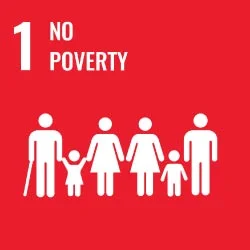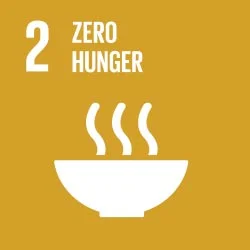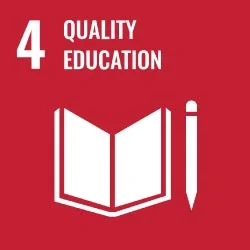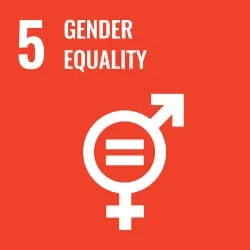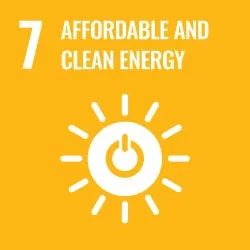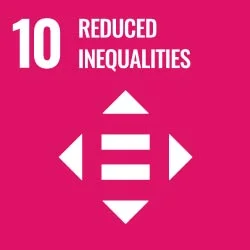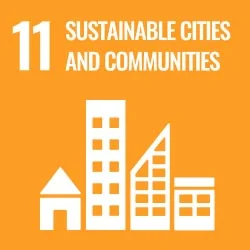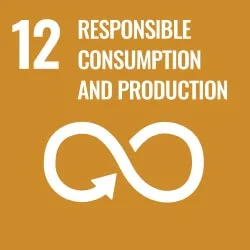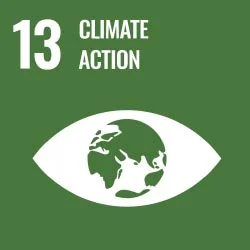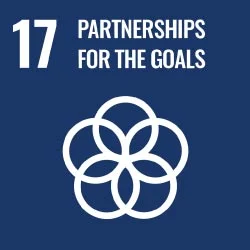Kilimo bora: The future of banked farmers
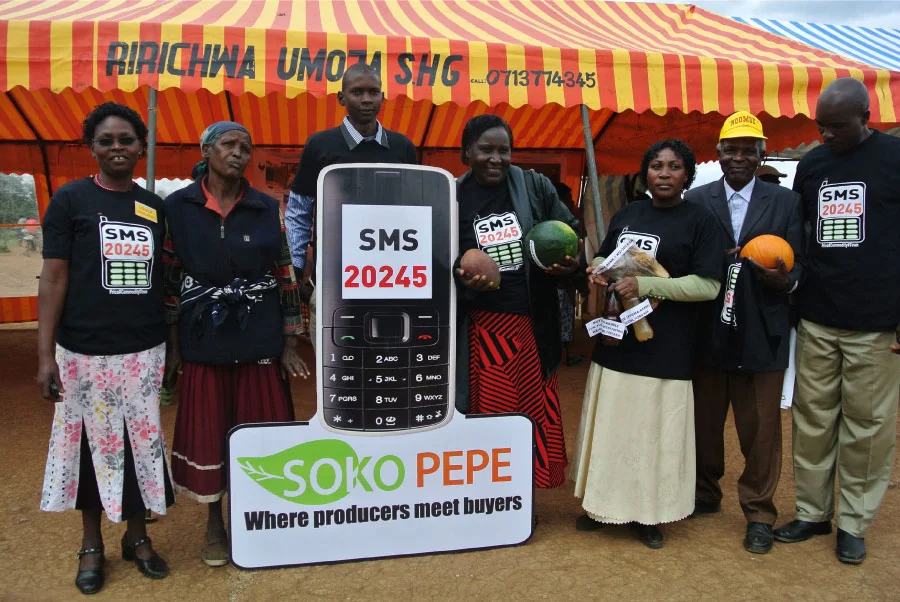
With access to financial services, Kairiri Forest Users and Conservation Community Based organization (CBO) in the Timau area of Meru County can deal with crop success after many failures.
In the aftermath of this year’s crop failure, most of the members had considered quitting farming. CBO member productivity and profitability have been increased thanks to Sokopepe support. Sokopepe arranged credit for them through a microfinance institution this season. Sometimes, lack of financial services can be a major issue to many and this has been the story for Kairiri Forest Users and the Conservation Community Based Organization (CBO) in Timau. Sokopepe has been working with the CBO to increase the productivity and profitability of its members and during this season, Sokopepe linked them to a microfinance institution, Times U Sacco Society which enables them to receive credit. This has given its members the opportunity to become part of a few-banked farming society. The Sacco provides loans that are affordable and easy to understand because not forgetting the low-interest rates.
For the past five weeks, the Sacco has been building its members’ financial literacy and understanding, by showing them how to save as much as Kes 200 every week. Already 30 members of this group have paid Kes 200 for registration. Soon these farmers will be eligible for a Kilimo Bora Loan from their Sacco (which is up to 5 times the amount saved). The Kilimo Bora loan attracts a 7.5% interest rate and is paid back after four months. The 74-member CBO is now planning to cultivate a 30-acre farm together. Mr Bernard Mureithi, a Production Information Agent (PIA) at Sokopepe said that FARMIS helps financial institutions know whether farmers are capable of managing risks. He added that farmers would now be able to track all their agribusiness enterprises and expenses for effective use of the Kilimo Bora Loans.
Mr. David Kabuari, a Kairiri Forest user and the Chairman of the Conservation CBO, says that access to credit has always been a challenge. Financial institutions refuse their loans because they lack proper farm records. “Most financial institutions are unwilling to lend to us,” he said. “We’re glad that Sokopepe linked us to a microfinance institution. Now we can access and manage credit.” Sokopepe has been training the CBO on record keeping, best agricultural practices, market information and linkages and conservation agriculture. The training has allowed members to track their agribusiness enterprises and expenses. This will help them when they are able to use Kilimo Bora Loan funds soon.
Mr Mureithi has been visiting the group every week to check on the progress of their crops. He has also been assisting individual members in filling out their farm books. He said that the Sokopepe has helped the CBO members plan their farm enterprises. They are able to know the enterprises that decrease profits. The CBO has been taking care of Timau Forest for 9 years and through this, they are working with the Kenya Forest Service (KFS). They were granted 1.5 acres of land for farming and through this, have helped restore healthy land-use systems. Moreover, the CBO integrated apiculture with other farming activities with their 19 beehives helping to pollinate all the local plants, trees, and crops. This has led to improved yields and environmental conservation.
When Mr Kabuari discussed apiculture, he noted that it also enables them to earn an income from honey and beeswax, pollen, propolis, bee colonies, queen bees, bee brood, and packages of bees. The CBO also owns a tree nursery that produces at least 4,000 indigenous tree seedlings and about 3,000 exotic species. The CBO has not only been planting trees all over Timau Forest, individual farms, educational facilities and government properties but has donated around 3,000 seedlings to Water Resource Users Association (WRUA), schools and hospitals alike. Not forgetting to mention, they are also selling seedlings to individuals whereby exotic trees retail for Kes 10-15 while the more practical indigenous trees sell for Kes 25-50. Difficulty with credit facilities has hampered the productivity of most smallholder farmers. Sokopepe is committed to financial inclusion since that would result in more income for farmers.



